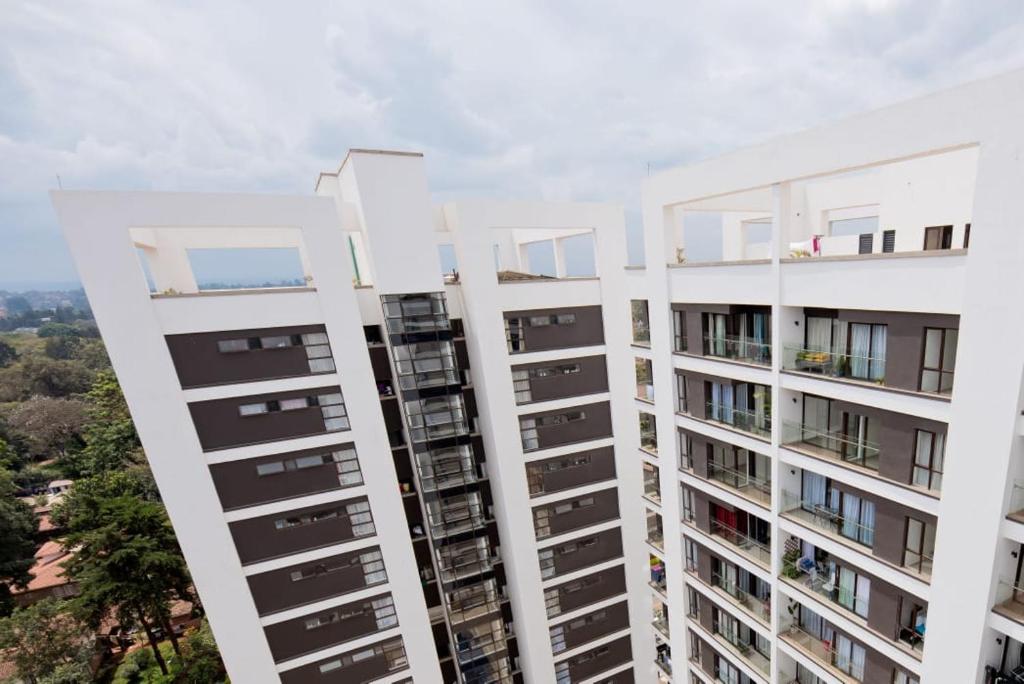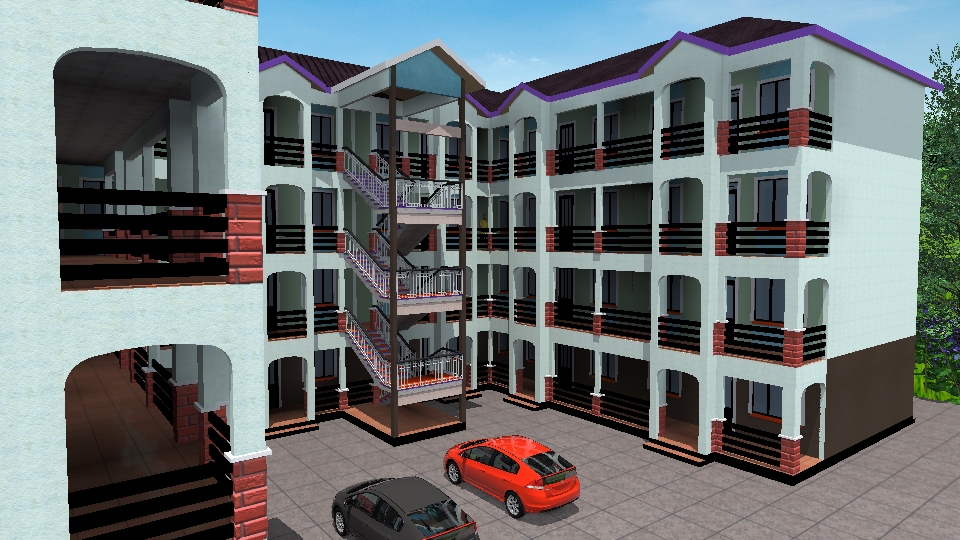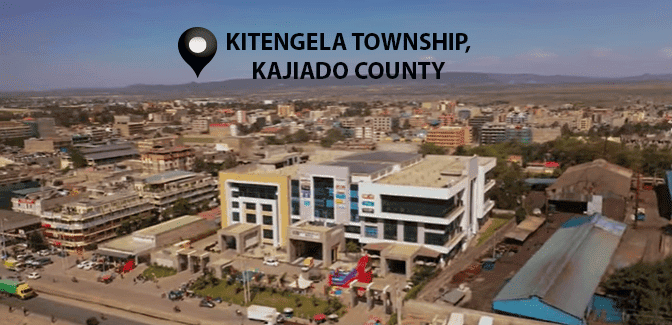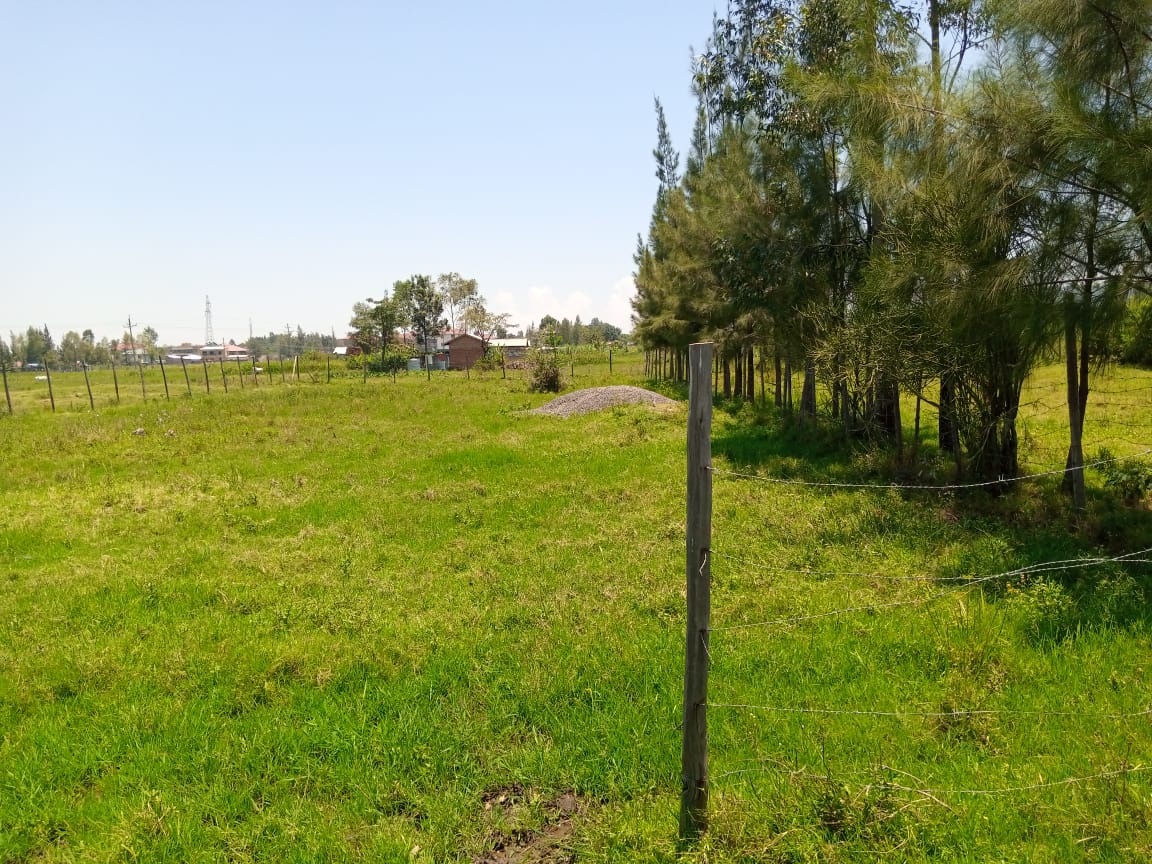Government policies for real estate Kenya
Practical, transactional guide to government policies and regulations affecting real estate in Kenya — step-by-step compliance checklists, permit timelines, tax examples, contractor licensing, county planning and mitigation strategies for developers, investors, and buyers.
Introduction
Government policies for real estate Kenya
Government policies in real estate Kenya directly shape how property is owned, built, and traded across the country. Every developer, investor, or homebuyer must understand these rules to stay compliant and avoid costly mistakes. From construction laws and real estate regulations in Kenya to environmental approvals, the system may seem complex, but it follows a clear structure when explained simply. This article breaks down the most critical policies, construction laws Kenya, and compliance steps you need to follow before buying, developing, or selling property.
Overview: How government policies shape real estate in Kenya
The Kenyan Constitution and key land statutes define how land and property are used, transferred, and protected. The Constitution 2010, Land Act, and Land Registration Act set the foundation for ownership, tenure systems, and transfer procedures. Understanding these documents helps investors know their rights and obligations during any transaction.

Constitutional & statutory framework
Government policies in real estate Kenya derive from constitutional principles of equitable land use, transparency, and public participation. The Land Act 2012 governs land administration, while the Physical and Land Use Planning Act controls development permissions. These policies ensure fair land allocation, discourage speculation, and promote sustainable use of property resources.
Institutional actors and their mandates
Different government institutions regulate real estate operations. The Ministry of Lands oversees registration and mapping, the National Construction Authority (NCA) manages contractor licensing, and the National Environment Management Authority (NEMA) handles environmental approvals. County governments issue planning and building permits, making coordination between these agencies vital for any successful project.

Land ownership & tenure rules affecting property transactions
Kenya’s property market operates under a dual system of freehold and leasehold ownership. Freehold gives indefinite ownership rights, while leasehold limits ownership to specific durations, often 99 years. Foreign investors are restricted to leasehold tenure, a rule designed to maintain national control over land resources.
Types of tenure and foreign ownership limits
Investors must determine whether a parcel is freehold or leasehold before purchase. Non-citizens and foreign firms can hold land only on a leasehold basis, usually renewable after 99 years. These restrictions align with national policy to ensure that Kenyan citizens retain land ownership rights.
Title verification and registration process
A title search is the first step in any land transaction. Buyers must confirm that the title is genuine and free of encumbrances such as charges, caveats, or disputes. Visiting the land registry, cross-checking the map (RIM), and confirming the seller’s identity are essential parts of due diligence before signing any agreement.
Land Control Board and approval requirements
Rural land transactions must be approved by the Land Control Board (LCB). The Board ensures that transfers comply with agricultural land laws and community interests. Without LCB consent, a land sale can be declared void, leaving both buyer and seller exposed to legal challenges.
Real estate regulation and licensing for agents and developers
The Real Estate Regulation Bill aims to introduce order, professionalism, and accountability into Kenya’s property sector. It mandates registration for real estate agents, developers, and promoters, protecting buyers from fraud and poor-quality projects.
Key provisions of the Real Estate Regulation Bill
This bill establishes a Real Estate Board responsible for licensing agents and monitoring developers. It enforces transparency in project advertisements and requires escrow accounts to safeguard buyers’ deposits. Once enacted, it will formalise the real estate industry, offering a safer environment for both investors and homeowners.

Agent and developer registration process
Under the proposed law, agents and developers must submit proof of professional qualifications, tax compliance, and business registration documents. Registration fees, ethics codes, and penalties for misconduct are clearly outlined. These measures aim to weed out unqualified brokers who cause disputes and losses.
Compliance costs and benefits
Though licensing introduces extra costs, it builds credibility and improves access to financing. Banks and institutional investors prefer working with licensed professionals because it minimises risk. Proper compliance also enhances brand trust and allows agents to participate in large government or corporate projects.
Planning, zoning and county-level land-use policies
County governments play a major role in shaping real estate growth. Every county prepares spatial and zoning plans that determine what developments are permitted in each area. Ignoring zoning regulations can lead to rejected plans or demolition notices, so developers must confirm land-use designation early.
County spatial plans and zoning maps
Before purchasing land or beginning a project, check your county’s spatial plan to verify permitted land use. Urban zones may be designated for commercial or residential use, while peri-urban areas could be agricultural. Consulting a licensed planner ensures your project aligns with the county development plan and avoids unnecessary objections.

Development permits and building approvals
Developers must submit architectural and structural drawings to the county planning department for review. The approval process typically includes assessments by NEMA, NCA, and fire departments. Once all conditions are met, a development permit is issued, allowing construction to proceed.
Managing delays and compliance issues
Delays often occur due to incomplete documentation or unpaid fees. Engaging a registered planner or architect can speed up processing by ensuring all documents meet the required standards. Maintaining communication with county officers also prevents approval stagnation.
Building standards & construction laws
Kenya’s construction laws have evolved to enhance safety and sustainability. The National Building Code 2024 and the National Construction Authority (NCA) Regulations outline the minimum standards developers must meet. Adhering to these laws ensures structural safety and reduces risk of accidents or penalties.
National Building Code 2024 compliance
The 2024 Building Code introduces new standards for fire safety, structural integrity, and accessibility. Developers must ensure that materials, design, and workmanship meet these guidelines. Compliance certificates are issued upon inspection, confirming that the structure meets national safety benchmarks.
NCA registration and contractor licensing
All contractors must register with the National Construction Authority before beginning any project. The NCA assigns classes based on experience, financial capacity, and technical qualifications. Failure to register attracts heavy penalties, and unregistered contractors risk blacklisting.

Contractor due diligence and project supervision
Developers should verify that their contractors are NCA-registered and maintain valid licenses. Regular supervision ensures compliance with the Building Code and project specifications. Engaging professionals such as engineers and quantity surveyors helps maintain quality and accountability.
Environmental, health & safety compliance
Environmental compliance is mandatory before any major construction begins. The Environmental Management and Coordination Act (EMCA) requires developers to obtain a NEMA license if a project significantly impacts the environment.
Environmental Impact Assessment (EIA) process
The EIA involves screening, scoping, and preparing a detailed report outlining environmental risks and mitigation plans. NEMA reviews this report and, if satisfied, grants an EIA license. Without it, the project may be halted or fined for non-compliance.
Occupational health & safety on construction sites
Construction laws Kenya also emphasise safety on-site. Employers must provide personal protective equipment, emergency procedures, and regular safety training. Compliance with the Occupational Safety and Health Act protects workers and minimises liability risks for developers
Taxes, fees and financing policies
Taxation directly affects profitability in real estate investment. Developers and buyers must understand how stamp duty, VAT, and land rates apply to property transactions. Proper budgeting prevents delays during property registration or transfer.
Stamp duty, VAT and withholding tax
Buyers pay stamp duty based on property value—typically 4% in urban areas and 2% in rural zones. Developers selling new units may also be subject to VAT, while rental income attracts withholding tax. Understanding these obligations ensures full compliance and smooth title transfer.
Land rates and the proposed property tax
County governments charge annual land rates based on property size and location. The National Rating Act empowers counties to update valuation rolls regularly. The proposed national property tax aims to increase revenue but may impact rental yields, making financial planning essential.
Incentives for affordable housing and PPP projects
Government policies on real estate Kenya also include incentives such as VAT exemptions for affordable housing and public-private partnerships for large developments. These initiatives encourage private investment while addressing housing shortages.

Risk management, fraud prevention & legal due diligence
Due diligence is the cornerstone of a safe real estate transaction. Fraudulent titles, double sales, and fake documents remain common, making legal checks essential before any purchase.
Title verification and physical inspection
Conducting a search at the land registry confirms ownership details and reveals any encumbrances. Physical inspection ensures the land on paper matches the actual parcel. Developers should also confirm that boundaries align with official survey maps.
Contractual protection and dispute resolution
Every sale agreement should outline payment terms, dispute resolution mechanisms, and delivery timelines. Including arbitration or mediation clauses provides faster conflict resolution than court processes. Using professional conveyancers helps avoid costly mistakes during registration.
Title insurance and professional indemnity
Title insurance covers losses from fraud, forgery, or undisclosed ownership claims. Professionals like surveyors and architects should hold indemnity insurance to protect clients from errors or negligence. These risk tools are growing in popularity among large developers.

Conclusion
Government policies in real estate Kenya continue to evolve, shaping how land is owned, developed, and transferred. Understanding real estate regulations Kenya, construction laws Kenya, and the required permits ensures compliance and reduces risk for all stakeholders. Whether you’re buying, building, or investing, always work with licensed professionals and conduct full due diligence. Staying informed and compliant guarantees smoother transactions and long-term property security.




